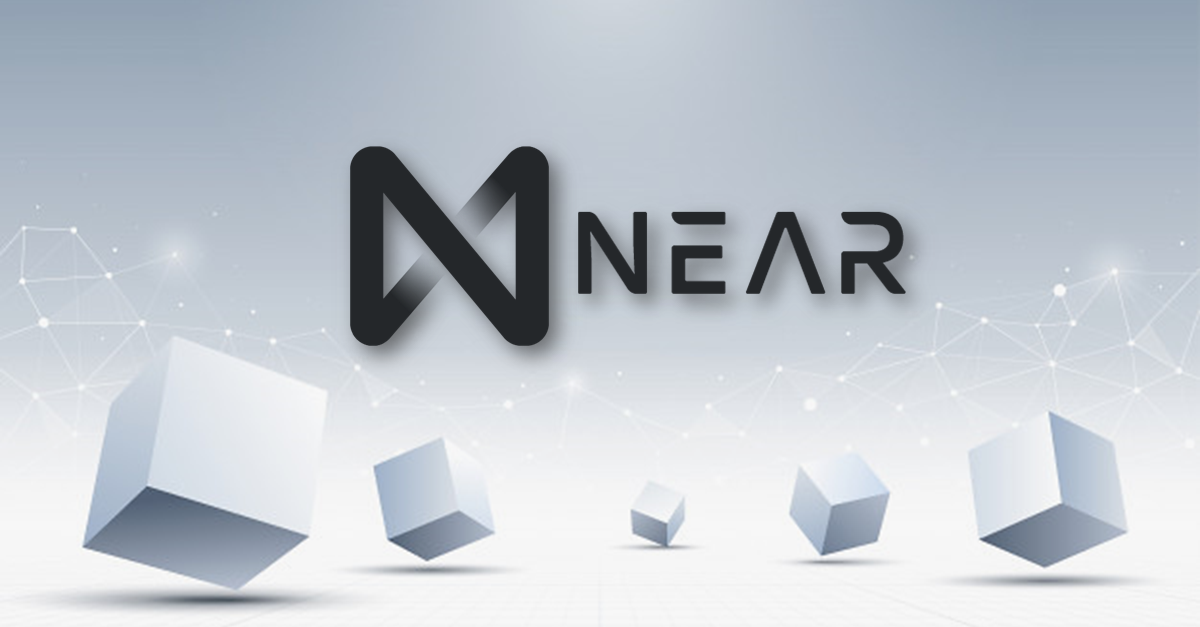NEAR is a proof-of-stake blockchain with high scalability and low development cost. It uses its own scalability solution, known as Nightshade, which is a unique form of sharding that splits the transaction load into four shards, thereby increasing the network throughput significantly. The sharding works with another technology peculiar to NEAR, Doomslug, a block generation scheme that helps recover the network from unreliable validators.
NEAR is built on a carbon-neutral protocol. It’s certified with a Climate Neutral Product Label from the South Pole, a carbon offset solution initiative.
Deploying DApps and protocols on the NEAR blockchain can be easier for many developers than other alternatives. For instance, they can write secure smart contracts using the Rust programming language.
The onboarding feature, known as Near Drops, allows the creation of human-readable names, and users can send NEAR to their friends, even if they don’t have a NEAR account.
Building on this user-friendly, robust, scalable, and energy-efficient blockchain has many advantages for NFT applications. As a result, we witness various NEAR-powered NFT projects.
Splitting royalties
An important topic for artists and musicians is how they earn royalties from their work. Different contexts may call for embedding customized solutions into the NFTs. NEAR allows total royalties to be split between multiple contributors, which helps automate the payout process.
DAORecords, a record label company built on NEAR, improve the distributions of music sales by reimagining the artist royalties thanks to royalty splitting. Deploying this feature, up to 40 different wallets can be set at different earnings percentages. There are also benefits gained via NEAR’s Legal Guild; when complex smart contract-related issues arise, DAORecords can consult the lawyers.
Rewarding NFT fans and creators simultaneously.
Continuing from the advantages powerful blockchain ecosystems like NEAR can provide to artists and musicians, we can also mention Paras. It’s a curated NFT marketplace that approves only 30 new artists weekly. Since NEAR transactions are very fast, 1 to 2 seconds, Paras chose it as the partner platform.
Another reason to select NEAR was the Rainbow Bridge, a trustless, permissionless protocol for connecting Ethereum and NEAR blockchains. It enables seamless asset transfers between the two, which is a big plus considering the dominance of ERC-20 tokens generated on the Ethereum blockchain.
Furthermore, the low gas fees facilitate building NFT collections. This way, artists have the freedom to create collections with various themes.
Paras users can also earn extra incentives by staking the platform’s native coin, PARAS.
NFT minting for everyone
Another NEAR-backed NFT application is the Mintbase platform which created an NFT infrastructure using the NEAR’s developer toolkit. The platform enables anyone without technical knowledge to mint NFTs, build marketplaces, or make redeemable NFTs.
To sum up NEAR provides the tools to realize a healthy NFT ecosystem that mutually rewards fans and creators.
The path to sustainable climate conservation
Open Forest Protocol, OFP, a decentralized community built on NEAR, uses NFTs to represent lands in forestation projects. For projects with social and environmental causes, transparency of operations is of utmost importance. Thanks to the NEAR protocol, OFP is able to store projects’ information permanently into the NFTs’ metadata. This allows for tracking which forests the particular carbon credits come from.
NEAR influences the future of NFT-based games
Several platforms built on the NEAR blockchain play critical roles in developing the web3 gaming ecosystem. One of them is Human Guild. It assists game designers in developing their ideas, building concepts, and launching and also improving their games.
Another major gaming project is OP Games. Its purpose is to function as an open gaming platform that welcomes not only blockchain game developers but also those in web2 who plan to transition into web3.
Credit: Source link































